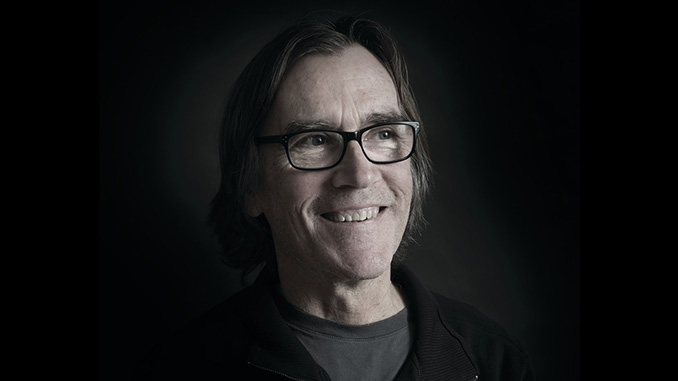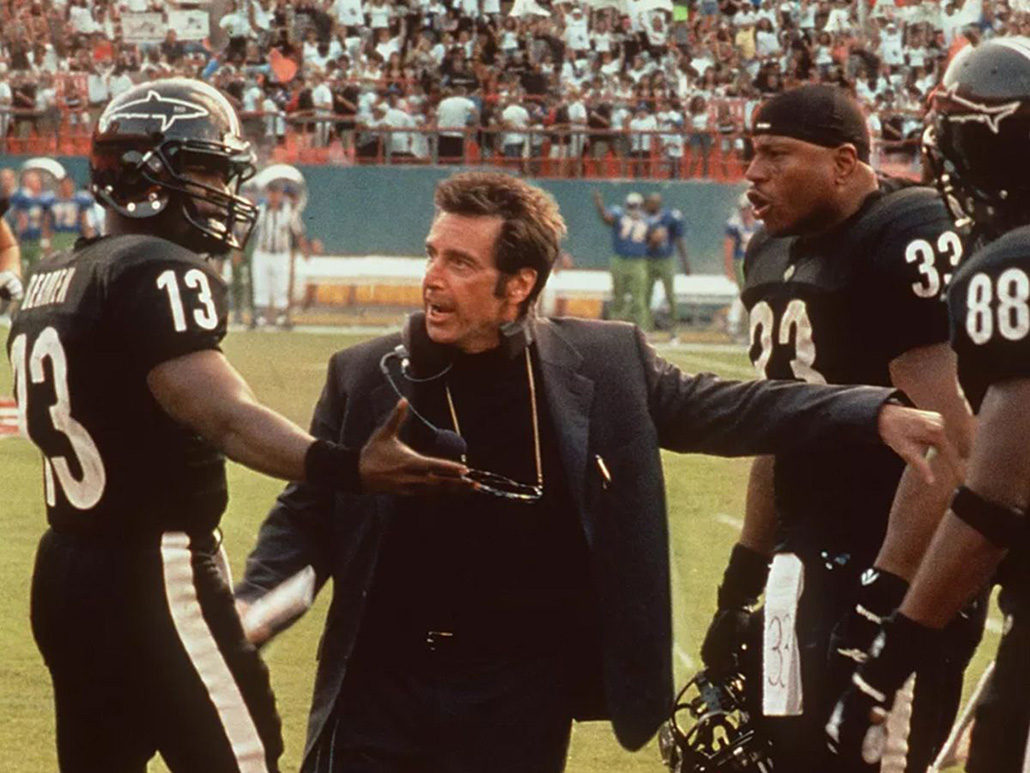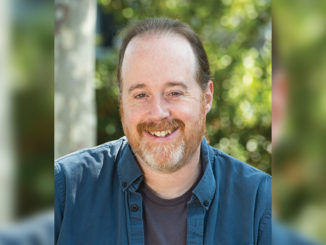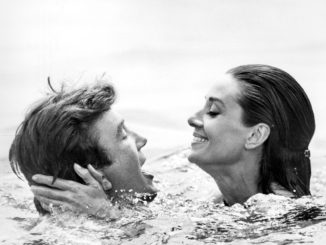
by Scott Essman
Bill Abbott has edited music on many of the most prestigious films of the ’90s including The Joy Luck Club, Heat, Music of the Heart, In the Name of the Father, The River Wild, Legends of the Fall, U Turn and Waterworld. He recently completed work on Any Given Sunday one of the most source-intensive pictures ever.
Beginnings
Bill Abbott: At the time Oliver Stone was getting ready to make Talk Radio, I was a journalist working at National Public Radio. His assistant had been an intern at NPR, and she called to tell me Oliver was looking for a technical advisor. I got the job, and it was a great experience. I was able to work on all phases of the filmmaking process including post-production in LA. I worked with the sound people creating the backgrounds for the radio station, commercials, and newscasts-it opened my eyes to post-production. The composer, Stewart Copeland, was there for most of the dub, and that’s when I realized I’d like to be a music editor.
The Job at Hand
BA: We are responsible for making sure that all the music ends up where the director wants it, whether it be for a temp dub or the final dub. This often means serving as a liaison between the composer and the director, and also between the music supervisor and the film editor. Those four people often have very different needs and desires, so it requires some creative juggling to make sure everyone is smiling. We also edit music, create click tracks for the musicians, and take lots of notes-keeping everyone smiling is the hardest part.
“It’s amazing what’s possible and what’s expected. The technology is making things easier, but expectations are higher and schedules are getting shorter.”
Temp. vs. Final
BA: Our little niche is a tough one to get a handle on, because while you may be hired by a director to do a temp dub, you may suddenly get big-footed if the composer who’s been hired has their own music editor. In a perfect world, they’d keep both editors on: one to work with the composer and the other to deal with the source music and temps. It happens, but not often.
Working with Ennio Morricone
BA: For most composers, when they look at the film the first time, the temp music serves as an indication or a guide to what the director wants, or, sometimes, doesn’t want. Some composers can’t live without temp tracks, and for others, it’s the bane of their existence. When I worked on In the Line of Fire with Morricone, he asked not to have to watch the film with temp music. He said, ‘Once I look at that, I’ll never get it out of my head, and why did you hire me if that’s what you want?’
Starting Any Given Sunday
BA: I came on last July and we finished mixing the first week in December. Budd Carr, who has done most of Oliver Stone’s films as a music supervisor, called me and said, ‘This is going to be a really interesting film, and very unorthodox, with lots of source music and lots of composers.’ In the end, there were close to 200 music cues in the film, totaling about two and a half hours. Budd licensed 104 pieces of music for the film, and there were eight composers writing material: Robbie Robertson, Richard Horowitz, and Paul Kelley contributed the bulk of the composed music, which was probably about a third of all music. But Moby, Camara Kambon, Swizz Beat, Tony McAnany and Bill Brown were all writing too. It was “guerrilla musicfare.”

Chaos by Design
BA: Denise Okimoto and I were cutting Any Given Sunday on Pro Tools at Oliver’s office, where they had nine Avids chained together, with six editors cutting picture and trying new music. As well as cutting new material, Denise and I were trying to figure out what the film editors had cut into the film. It was more like being a music wrangler. Then we passed on our findings to Budd Carr and his associate, Genevieve Colvin, so they could get quotes on everything. Johnny Caruso thankfully came on to help with the composers when Denise and I went to the dub stage. We had four Pro Tools systems, one on stage, two off stage for conforming, and one back at the cutting room where Johnny was working. At the same time the soundtrack material was finally coming in and had to find homes, Budd and Oliver were still wrestling with budget issues. The picture was in flux, meaning there was an enormous amount of conforming to do.
New Technology
BA: It’s amazing what’s possible and what’s expected. The technology is making things easier, but expectations are higher and schedules are getting shorter. I can’t imagine a film like Any Given Sunday being cut on film-everything was done with hundreds and hundreds of hard drives. We used MMP-16s for playing back our Pro Tools sessions which allowed us to continue to conform off-stage. And if not for the OMF tool, we would still be trying to figure out what music ended up in the film. I can’t imagine surviving without the new technologies, but I’m not sure the process is getting any easier.





